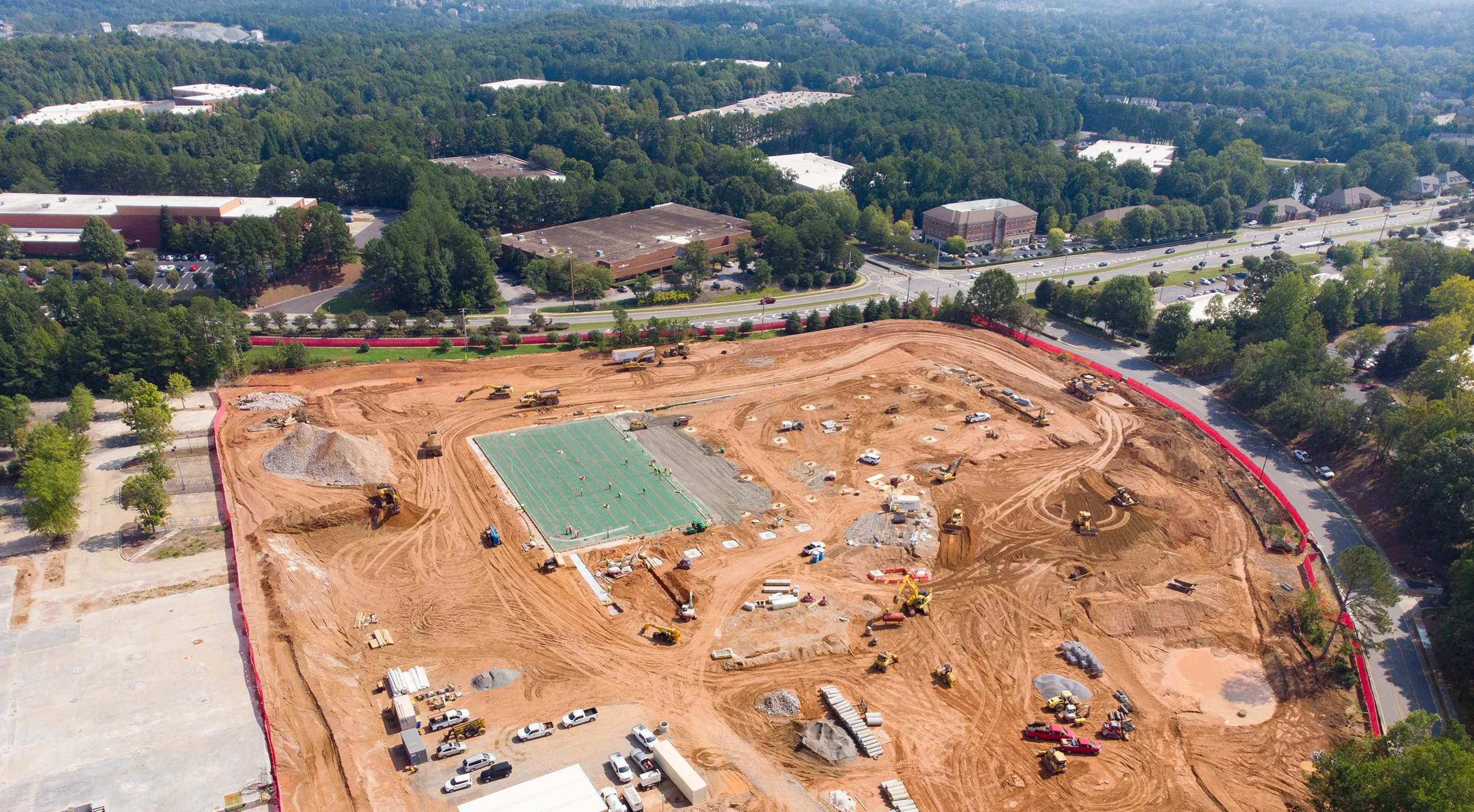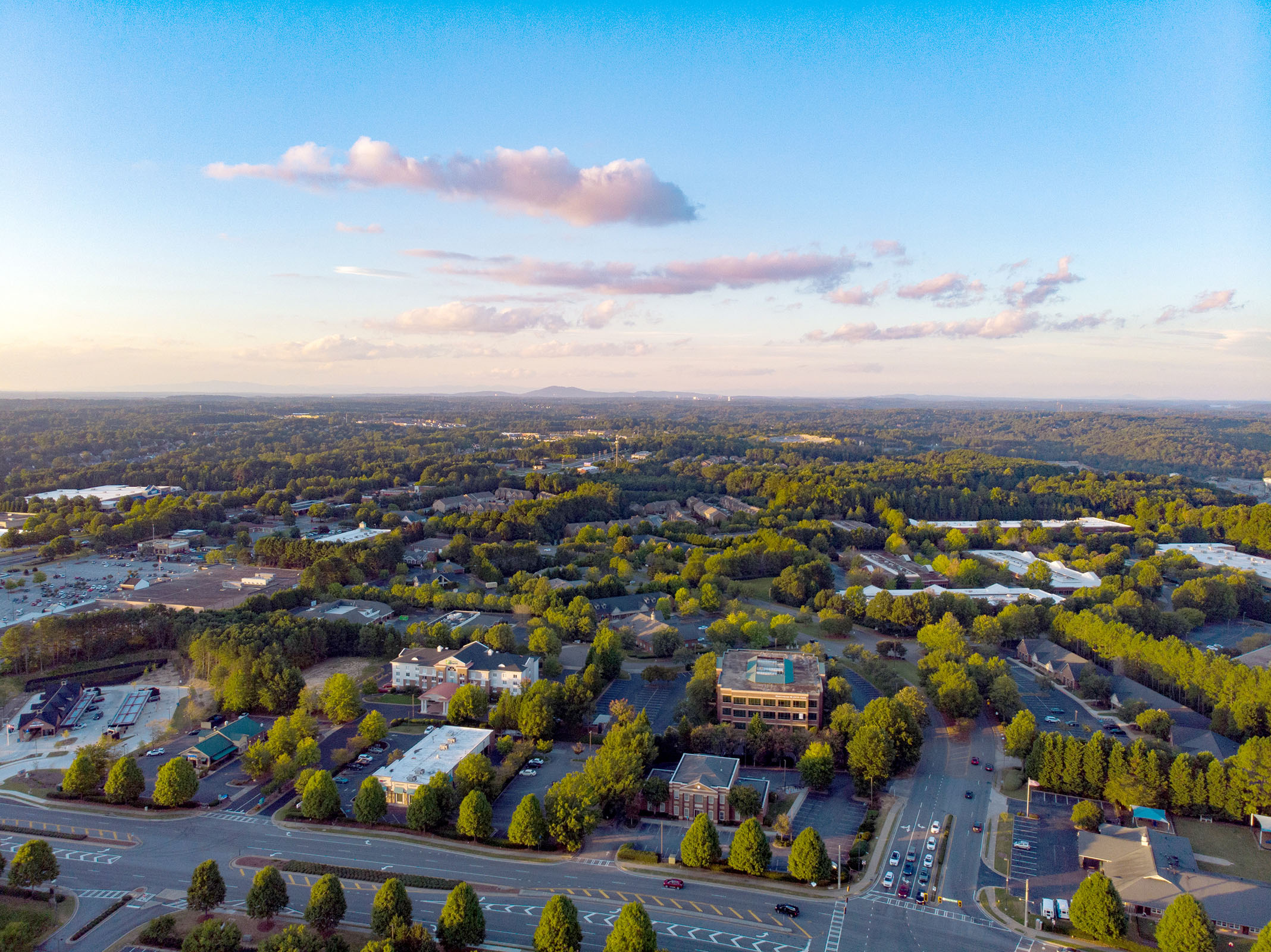
Homeowner & Contractor FAQs
Building Division
Permit Technicians
Johns Creek, GA 30097
What does licensed contractor mean?
Under State law, a building contractor or trade contractor must have a valid professional license from the Georgia Secretary of State. There are exceptions for limited specialty contractors such as pool and retaining wall installers, roofers, etc. As in most U.S. states, the law requires a construction contractor to apply for and obtain a contractor’s license before accepting contracts.
Contractor licensing aims to ensure that every contractor working in the state has basic knowledge, competence, and financial stability. Additionally, a state-issued license helps ensure channels are available for clients, creditors, and governments to hold a contractor accountable in a dispute. Since contractor fraud is relatively common, confirming a licensed contractor is essential for creating accountability.
How do I confirm that my contractor is licensed?
Visit the Georgia Secretary of State’s professional licensing verification website.
How is a contractor qualified?
Georgia has licensing requirements that determine who can perform what type of construction work under which license type. The Professional Licensing Board has requirements that include work and project experience, education, finance, insurance, and exam for each license class.
Does my contractor have to be licensed?
The City of Johns Creek Building Division will not issue a permit to a contractor who is not properly licensed. We verify that contractors hold current State licenses as required and business licenses. We obtain their full contact information for the permit record.
Decks, sunrooms, basement finishes, and additions all require a licensed contractor. Trade contractors (electrical, plumbing, mechanical, low voltage) must be state-licensed.
Does my project need a permit?
My contractor says I do not need a permit – is this true?
Any owner or authorized agent who intends to construct, enlarge, alter, repair, move, demolish or change the occupancy of a building or structure, or to erect, install, enlarge, alter, repair, remove, convert or replace any electrical, gas, mechanical or plumbing system, the installation of which is regulated by the Georgia State Minimum Standard Codes with Georgia Amendments or to cause any such work to be done, shall first make application to the building official and obtain the required permit. Ask first!
Who applies for the building permit?
Our contractor wants us to take out the building permit for our construction in our name and says that is standard procedure. Does it matter whether the owner or contractor obtains the building permit?
A contractor who insists that you take out the permit may be trying to avoid liability and responsibility for your job – not a good sign in most cases, so please be informed before pulling a permit in your name as a homeowner.
We recommend that you have the contractor take out the permit. Our permitting process and permit fees are the same for contractors as for homeowners. If you take out the permit in your (the owner’s) name, then you become a Homeowner-Contractor.
How do I apply for a homeowner-contractor permit?
Under State law, you may act as your own general contractor, with specific limitations. To apply for a permit as a Homeowner-Contractor, you’ll first need to come to the Permit Counter at City Hall to complete and notarize an affidavit in person. The affidavit affirms that you understand your responsibilities.
You’ll then apply online through the CSS Portal for your permit.
We’ll explain the submittal requirements for the type of permit you’ll need for your project. We are happy to explain the application and plan review process, how inspections work, and how to use the CSS Portal to apply for and manage your permit. However, we are unable to offer design advice, tell you how to construct your project, or offer pre-submittal plan reviews.
What is my role as homeowner-contractor?
As a homeowner-contractor, you may lose some of the legal protections provided to construction clients by the local or state government and expose yourself to liability and insurance claims.
Homeowner-Contractors personally provide direct supervision and management of all work and ensure that the work conforms to building codes and other regulations.
That means you are responsible for getting plans approved. You must be on-site to supervise the work and for inspections. You are responsible for completing the project, passing all required inspections, and correcting code violations.

